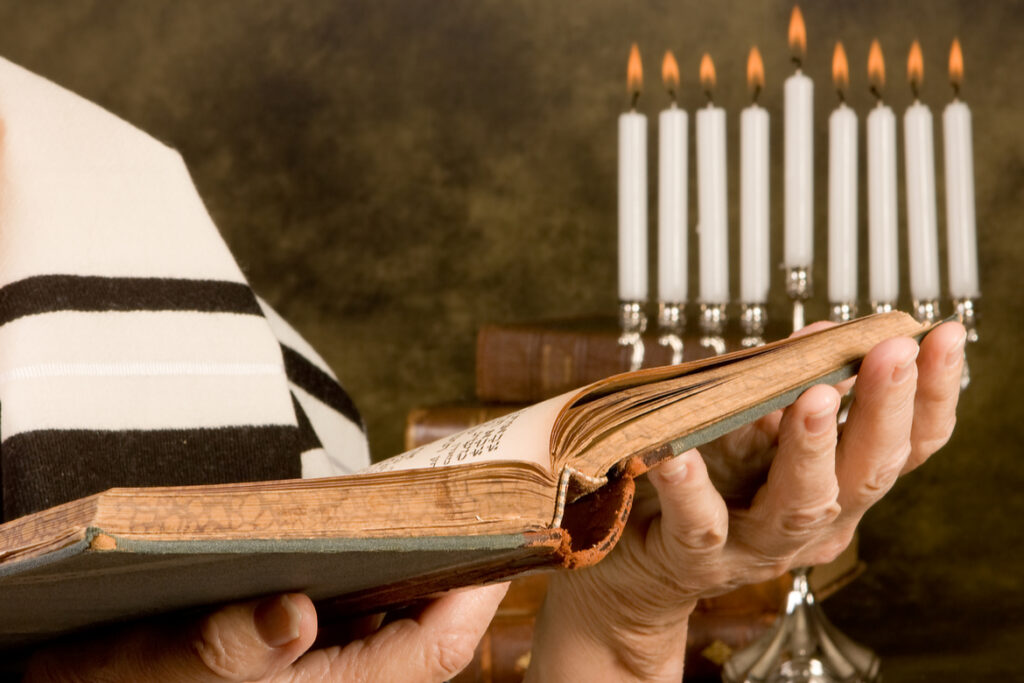Avoiding Enemy No. 1 – Jealousy
I received a very powerful and frightening video this morning which I have embedded below. The message is clear, jealousy is very dangerous and must be completely avoided at all costs. The following is a sample of what Rebbe Nachman teaches about this terrible character trait.
One of the most ingrained of human attributes, the heat and passion of jealousy emerge at an early age. Even as infants, we desire what someone else has. And, as we all know, it doesn’t stop there. Family members, neighbors, colleagues and acquaintances can all be the objects of our envy. Jealousy is arguably the most destructive of traits, because it leaves us without satisfaction or comfort, ever.
Where does jealousy come from? Rebbe Nachman teaches that jealousy is rooted in the Evil Eye. Often misunderstood as some abstract mystical power, the Evil Eye referred to by the Rebbe is the very commonplace quality of looking at our friends and neighbors in a negative or critical way (see Likutey Moharan I, 54:4). Talmud describes it as, “someone who is always looking into another’s house” (see Bava Batra 2b). Rather than thinking positively about our neighbors and friends and wishing them the best, we tend to covet their possessions and their good fortune.
The opposite of jealousy is a beneficial eye. That is, the person always looks kindly and sees the positive side of people. The verse states, “One with a good eye is blessed, for he has given from his bread to the poor” (Proverbs 22:9). When a person takes of his own and extends it to another, he is blessed. The simple meaning is that because he gave from his wealth, he will be blessed by Heaven with additional wealth. But a deeper meaning of the verse is that a person with a benevolent eye is automatically considered “a person who is blessed.” Simply put, his good and beneficial eye, giving to others, finding the good in others, having that positive outlook, is itself a phenomenal blessing!
We can practice beneficence. “Even if you cannot attain a high level yourself, you can still be supportive of others and desire that they attain what you cannot reach,” says Rebbe Nachman. “Even if I cannot be a good, religious Jew, at least my friend should be one” (Rabbi Nachman’s Wisdom #119).
Reb Noson comments: I thought that was obvious. Of course, if I cannot be a good Jew, at least my friend should be one. Of course I wish him success. But as I grew older, I began to realize that this is a major cause of strife and derision among Jews. We see many people who have tried to become truly religious. They exert great effort, make serious attempts, but do not succeed fully and eventually drift away. Instead of encouraging others, they become intolerant and jealous of those who do pray intensely and who do study Torah. “If I can’t make it, they also can’t (or won’t or shouldn’t),” they tell themselves — and do whatever they can to prevent others from succeeding. However, a true Jew must do the exact opposite. He should want others to serve God even when he himself is unable to do so. This is true Jewish love! (ibid.).
Based on “Rebbe Nachman & You” by Chaim Kramer.
- 1 comment























One Response
The Zohar (II, 3a) teaches that if the Israelites had not gone down and eaten the bread (chametz) of the Egyptians, they would have not remained in exile nor would have they been oppressed. The chametz made them vulnerable to the Evil Eye. Thus, only by eating in holiness one can be immune to the Evil Eye. Hence,
99% of people die from Evil Eye and only 1% from natural causes (Baba Metzia 107b) i.e. with the kiss of death (Zohar II, 124b).